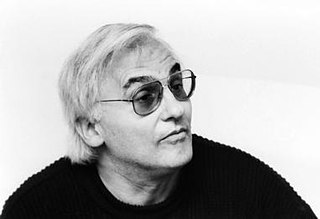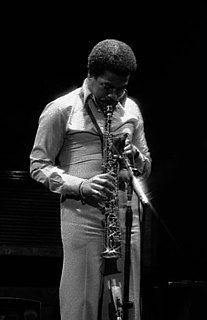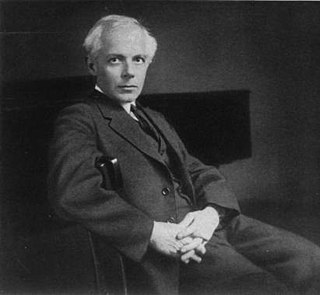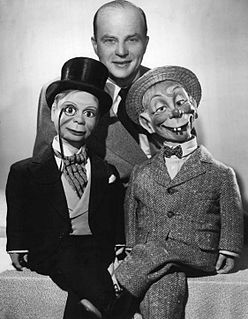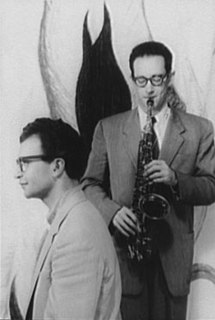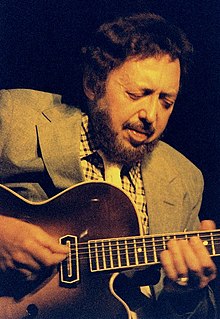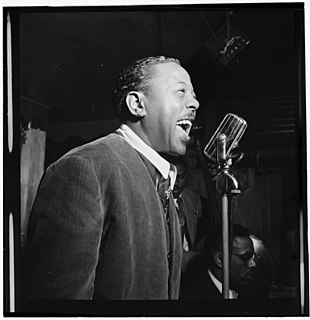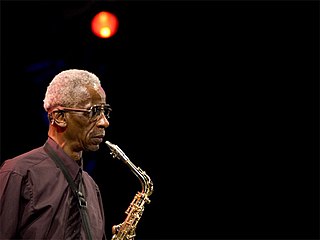A Quote by Paul Bley
Ornette Coleman wasn't sure whether he was going to continue with Charlie Haden-Charlie had some personal problems. I said "You've got to be kidding! There's no one on the globe who will be able to accompany you" and no one ever did. [Scott LaFaro] was playing atonally and certainly Ornette was not an atonal player. Jimmy Garrison was a tonal player. He wasn't even polytonal or atonal.
Related Quotes
There's a steady forward march of a creative process that some of us stay with and don't give up - that should be an admirable thing - from Louis Armstrong to Charlie Parker to Miles to Ornette and some people who are not even known today - some kids coming up - people who are out to change the world.
Our peasant music, naturally, is invariably tonal, if not always in the sense that the inflexible major and minor system is tonal. (An "atonal" folk-music, in my opinion, is unthinkable.) Since we depend upon a tonal basis of this kind in our creative work, it is quite self-evident that our works are quite pronouncedly tonal in type. I must admit, however, that there was a time when I thought I was approaching a species of twelve-tone music. Yet even in works of that period the absolute tonal foundation is unmistakable.
Even if I don't see Brooklyn I have to see Anomolisa, because it's Charlie Kaufman. No one is doing things that they should't be doing more in cinema than Charlie Kaufman. This is how I look at it: he had an incredible story that was going to resonate regardless, but just shooting that movie is too easy for Charlie Kaufman.
It wasn't until I got out of the Army and I heard Coltrane's record 'Coltrane,' when he was doing 'Inch Worm' and 'Out of This World,' that I thought, 'Oh my God, you can do that?' And then I thought, 'OK, I better go back and listen to Eric Dolphy a bit.' And then I said, 'Hmm, I better pull out these Ornette Coleman records.'
